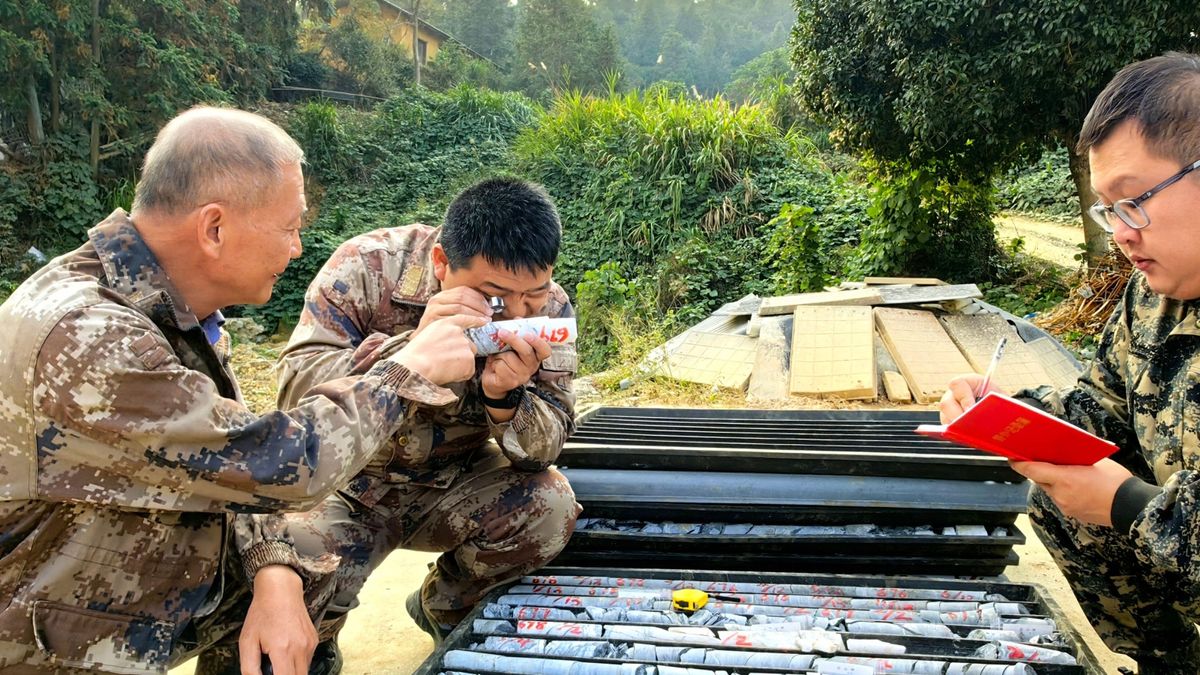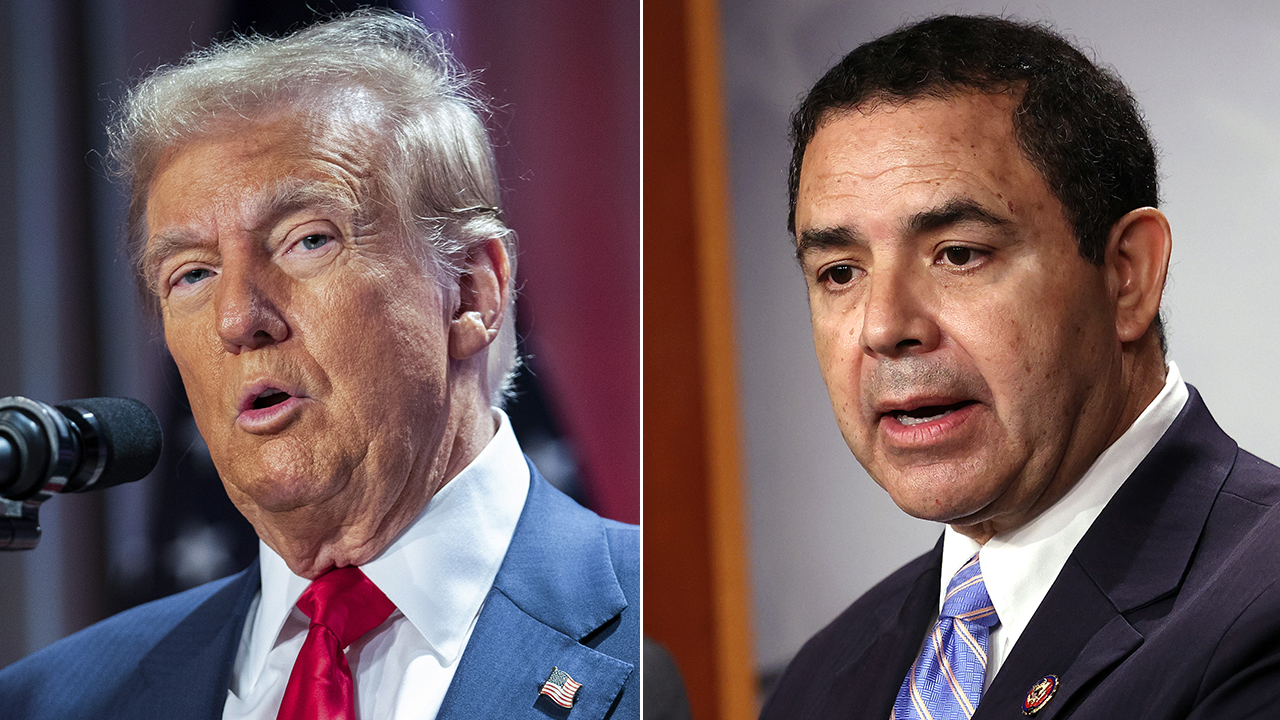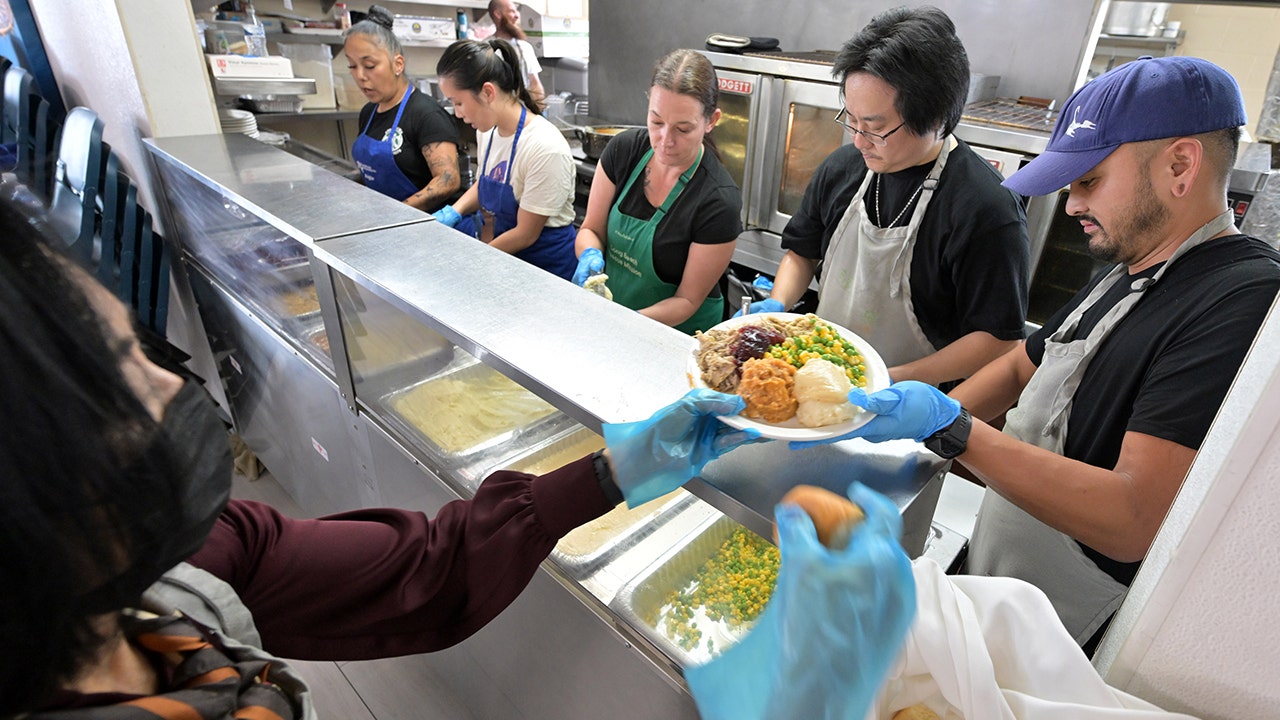When Vladimir Putin’s Russian army invaded neighboring Ukraine on February 24, 2022, Chad Robichaux knew he had to help.
The former Force Recon Marine gathered a team of elite special operations veterans, as well as his 25-year-old Marine son, Hunter, and headed to Europe to help those about to be subjected to “untold brutality,” as he explains in “A Mission Without Borders — Why A Father and Son Risked It All For the People of Ukraine” (Nelson Books).
As a co-founder of Save Our Allies, a group dedicated to assisting Americans and Allies in war-torn environments, Robichaux had already assisted thousands of people trapped inside Taliban-era Afghanistan and now, with Ukraine besieged by Russia, his services were required again.
Robichaux landed in Krakow, in neighboring Poland, on March 4, 2022, barely a week after the Russian invasion commenced. It was cold and dark. “In the face of a fearsome, mighty enemy, even the sun appeared to have given up,” he writes.
Almost as soon as Robichaux hooked up with his team, he could see the panic on the Ukrainian population as they waited at the Polish border, eager to escape the fighting.
Robichaux noticed one family of four waiting with their dog.
As the dad said his goodbyes he watched his wife and kids join the line to freedom before turning around and heading in the opposite direction. “Walking back to war,” writes Robichaux.
Those who managed to cross into Poland found themselves inundated with offers of support from volunteers, medics and NGOs.
Sadly, as Robichaux soon discovered, there was no beauty in war, especially in Ukraine.
From mass graves with hundreds of bodies, many executed with their hands tied behind their backs, to corpses littering the streets, it was a harrowing scene, even for an ex-Marine. “They were all civilians. All of them. Children. Women. Elderly,” he writes. “It was a war crime. An atrocity. An act of evil.”
It wasn’t just Ukrainians.
Everywhere he went, there were tanks, bombed or abandoned. “A few had the bodies of Russian soldiers either hanging from doorways or scattered on the ground nearby,” he recalls.
Their rescue of Fox News journalist Benjamin Hall was typical of the dangerous work Robichaux undertook. Hall had been seriously wounded in a Russian attack on Kyiv in March 2022 that had killed two of his colleagues, cameraman Pierre Zakrzewski and freelance journalist Sasha Kuvshnova.
When Robichaux reached their safe house near Kyiv they still could not be sure that Hall was even alive.
“I was mesmerized at the sight of a First-World country in such an apocalyptic state,” he writes. “Random buildings reduced to rubble. Roads pockmarked with bomb craters. Bridges wiped out.”
With the help of contacts and the local church, Robichaux finally located Hall at a makeshift military hospital — but it didn’t look good.
From severe burns to open head wounds, catastrophic injuries to his feet and legs and a large piece of shrapnel lodged in his neck, there was no guarantee he would make it, not least as the only pain medication he had was ibuprofen.
The problem was getting him out and across the border to safety.
Flying was out of the question, while driving across bombed out roads would, in all likelihood, dislodge the shrapnel in his neck and sever an artery.
Then, good news.
Word reached Robichaux that a nearby train carrying the prime ministers of Poland, the Czech Republic and Slovenia, who had been in Kyiv for meetings with President Volodymyr Zelensky, was due to leave and they had 30 minutes to get Hall on it.
But that meant navigating several Russian checkpoints manned by soldiers who would shoot on sight and using an ambulance incapable of going faster than 15 mph.
Remarkably, after some frantic negotiations, Robichaux and his team made the train, and when Ben Hall crossed the border into Poland, he was loaded onto a Black Hawk helicopter by the 82nd Airborne and flown to safety at the US Army’s Regional Medical Center in Landstuhl, Germany.
For Hunter Robichaux, meanwhile, the experience has been invaluable, especially in terms of his relationship with his dad. “I’ve learned that working with your father isn’t always the easiest thing in the world, but I am grateful to my dad for letting go in the balance of loving me, protecting me, and trusting me,” he says.
For Chad Robichaux, writing the book was never really about the geopolitics of the Russia-Ukraine conflict: “When it comes to helping people in need, the world needs fewer people who are calculating what they’re going to get out of it and a whole load more people who will simply do the right thing.
“Sometimes we just have to do the right thing simply because it’s just that — the right thing to do.”
















